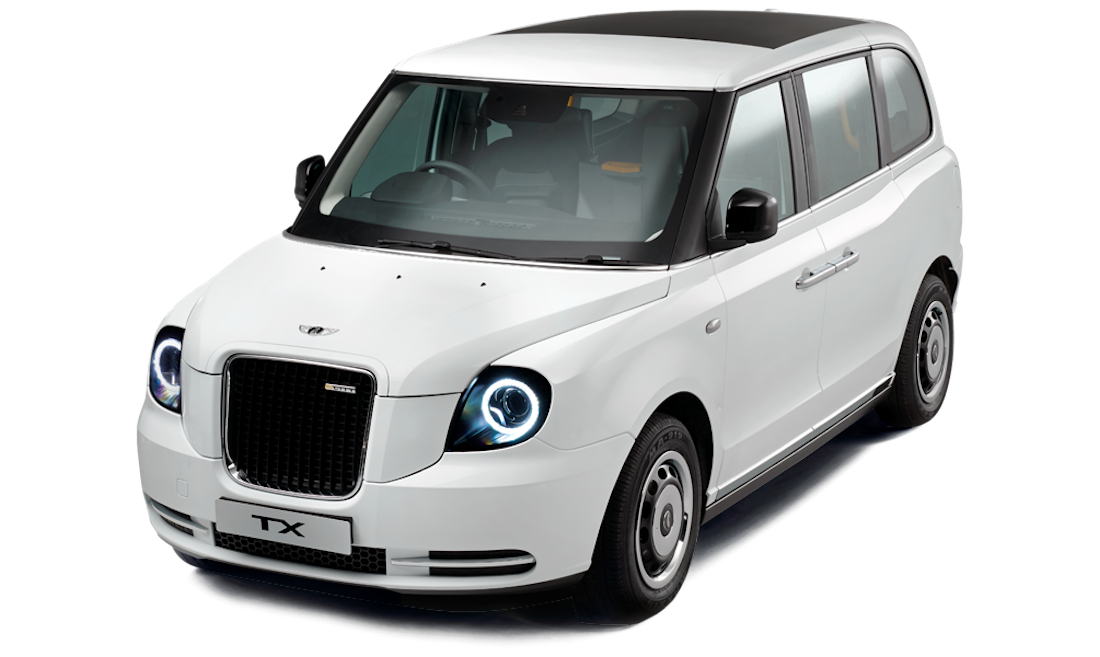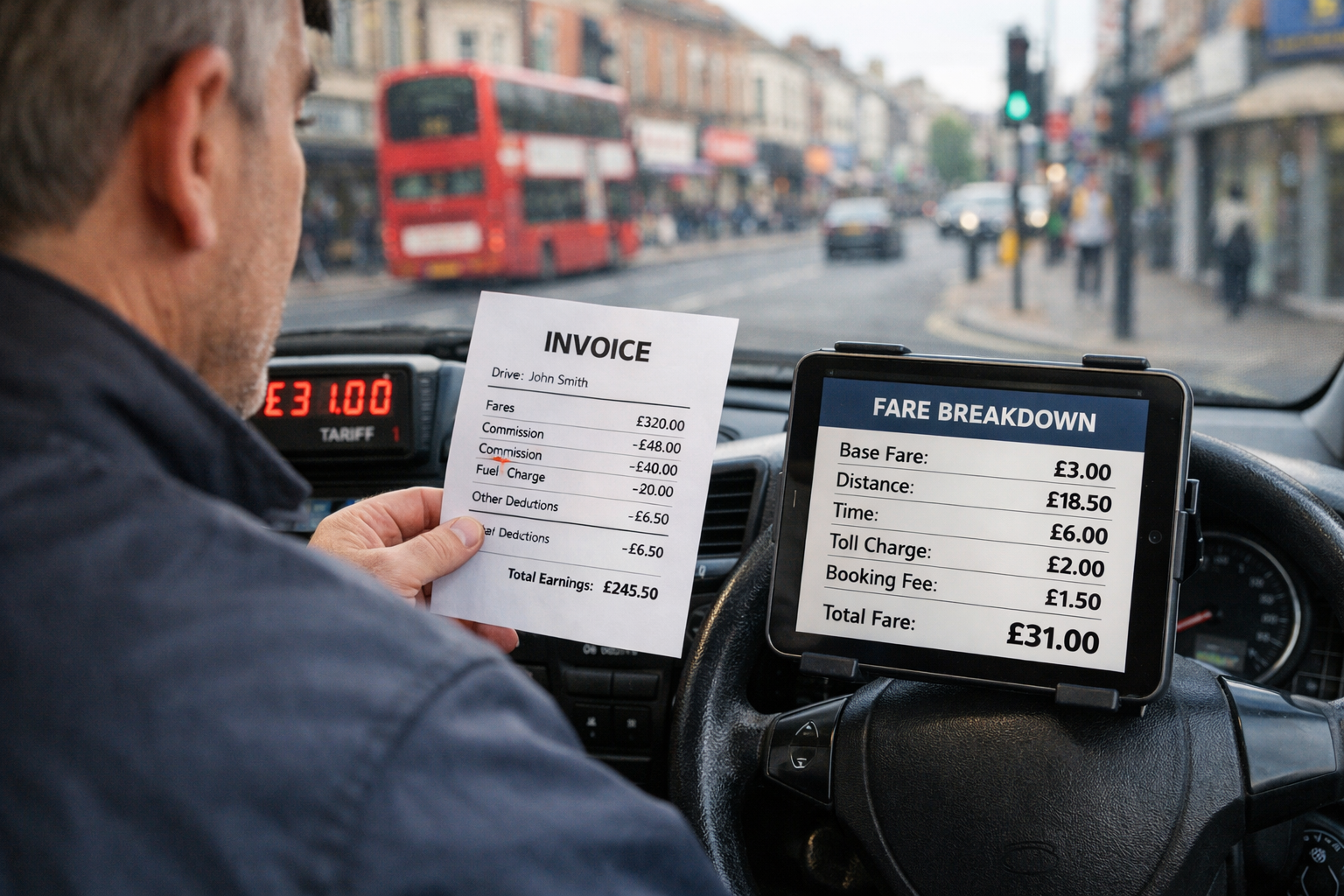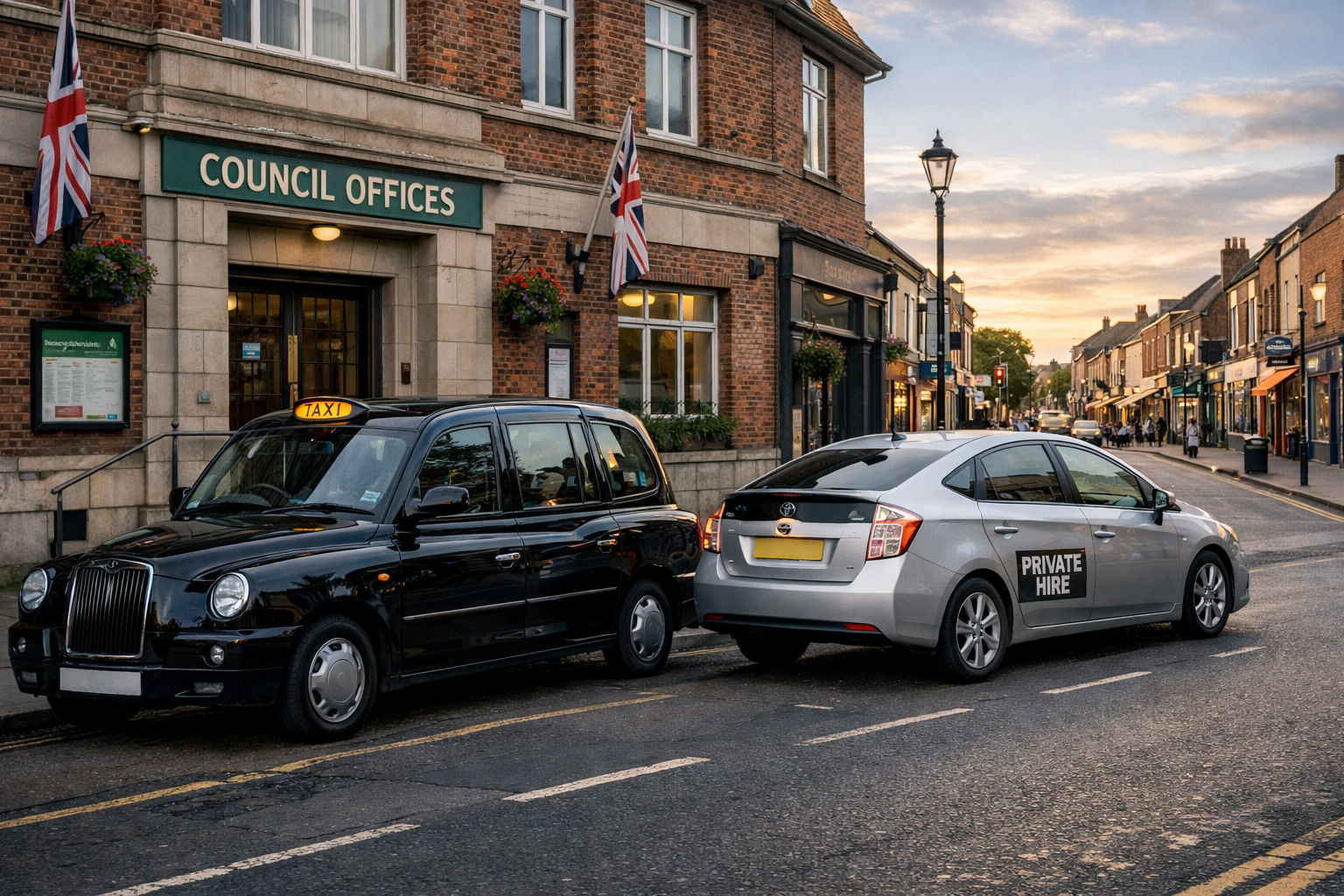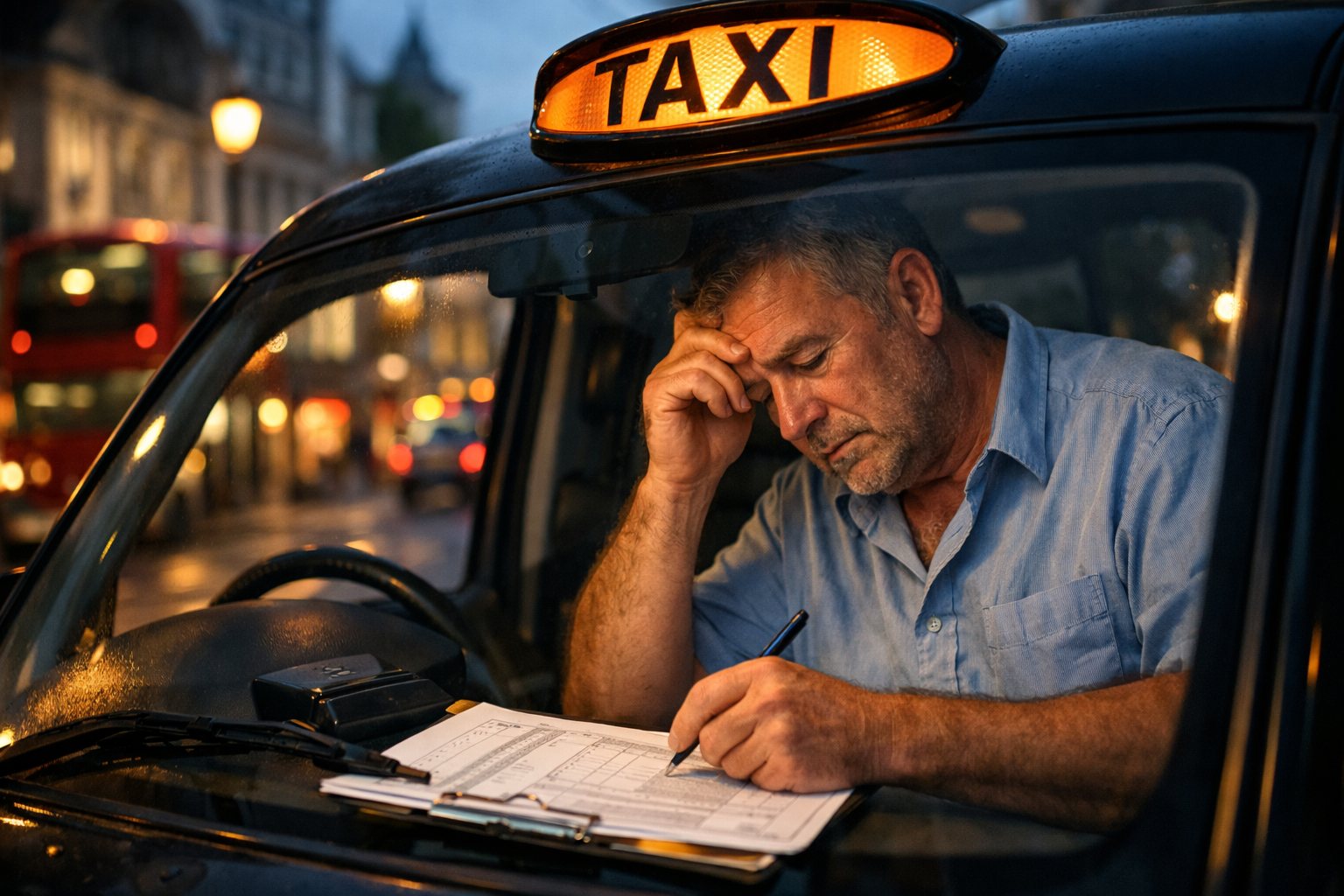London's Black Taxis Drive Towards a Cleaner Future: Over Half Now LEVC Zero Emission Capable
London celebrates milestone with over 50% of iconic black taxis now zero emission capable LEVC, combatting air pollution and embracing sustainable transport.
London's iconic black taxis have reached a significant milestone, with more than half now being zero emission capable (ZEC), totaling over 7,970 vehicles on the city's streets. This achievement marks a crucial step forward in the city's efforts to combat air pollution and transition towards a greener, more sustainable transport network.

More than 50 per cent of London's nearly 14,700 black taxis are cleaner than ever before and helping to cut down emissions in London's polluted air
"The Mayor and TfL are taking bold action to tackle London's toxic air and to help ensure London hits its target of achieving net zero carbon by 2030 - and London's taxi trade are supporting this goal by switching to cleaner, greener taxis for the benefit of London"
Key Points:
- Milestone Achievement: London's LEVC's black taxis have made significant progress in cleaning up the city's air, with over 50% now being zero emission capable. This milestone underscores the commitment of taxi drivers to embrace environmentally friendly vehicles and support London's goal of achieving net zero carbon by 2030.
- Growth in Electric Fleet: The number of zero emission capable taxis in London has grown by 10% in the past six months, reflecting a rapid transition towards cleaner transport solutions. London's electric taxi fleet is supported by a robust charging infrastructure, with the capital boasting a high concentration of charging points.
- TfL Initiatives: Transport for London (TfL) has played a key role in promoting the adoption of zero emission vehicles, implementing measures such as requiring all new taxis licensed since 2018 to be zero emission capable. Additionally, TfL has provided grants and incentives to support taxi drivers in transitioning to cleaner vehicles.
- Made in the UK: Most of London's zero emission capable taxis are manufactured by the London Electric Vehicle Company (LEVC), with its TX model being the most common ZEC taxi in the capital. LEVC's purpose-built electric taxis are manufactured in the UK, creating jobs and supporting the country's vehicle manufacturing industry.
- Environmental Impact: Transitioning to zero emission capable taxis has significant environmental benefits, including reducing harmful emissions such as NOx and CO2. By phasing out diesel taxis and increasing the number of electric vehicles, London aims to improve air quality and mitigate the health risks associated with air pollution.
- Future Plans: London is committed to further expanding its electric vehicle infrastructure, with plans to increase the number of charging points and accelerate the transition to zero emission buses. By investing in sustainable transport solutions, London aims to build a cleaner, greener city for its residents and visitors.
London's LEVC black taxis are leading the charge towards a cleaner, more sustainable future, demonstrating the positive impact of embracing zero emission vehicles. With continued support from policymakers, industry stakeholders, and the public, London's electric revolution is set to pave the way for greener cities worldwide.
You might also like





